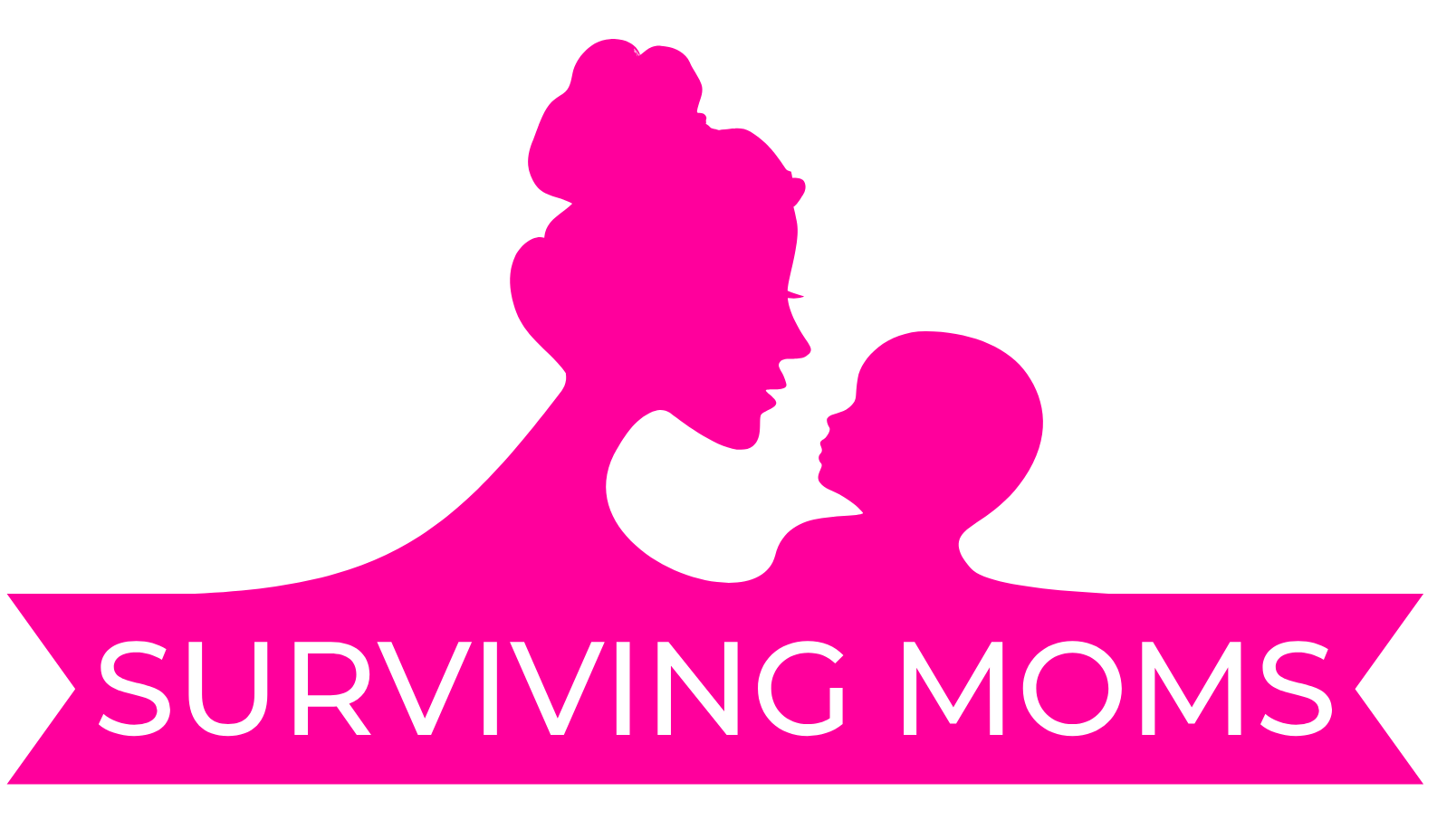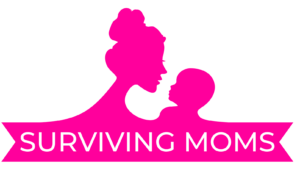If you’re reading this, you might be questioning whether your relationship is healthy. You might feel confused, exhausted, or like you’re walking on eggshells. You might wonder if you’re overreacting or if the problem is really you. Let me tell you something important: your instincts are valid. If you’re searching for answers about toxic relationships and narcissistic abuse, there’s a reason. Trust yourself.
Breaking free from a toxic relationship — whether it’s with a romantic partner, your own mother, or an in-law — is one of the hardest things you’ll ever do. But it’s also one of the most important acts of survival and self-love. You deserve relationships that honor your worth, not ones that slowly erode it. This article will help you recognize the signs of narcissistic abuse, understand why leaving is so difficult, and find the courage to reclaim your life.
What Is Narcissistic Abuse?
Narcissistic abuse is a pattern of emotional manipulation, control, and psychological harm inflicted by someone with narcissistic traits or Narcissistic Personality Disorder. Unlike physical abuse that leaves visible marks, narcissistic abuse operates in the shadows — through gaslighting, criticism, silent treatment, and constant undermining of your reality and self-worth.
There are two main types of narcissism, and both can be deeply damaging:
Overt Narcissism
This is the stereotypical narcissist: grandiose, attention-seeking, openly arrogant, and demanding admiration. Overt narcissists are easier to identify because their behavior is blatant. They might boast constantly, dismiss your feelings openly, or rage when they don’t get their way.
Covert Narcissism
This is far more insidious and harder to recognize. Covert narcissists present as victims, martyrs, or quietly superior. They manipulate through guilt, passive-aggression, and playing the wounded party. You might feel like you’re always the problem, always apologizing, always trying harder — while they subtly undermine you at every turn. Psychology Today explains that covert narcissists are particularly damaging because their abuse is so difficult to name.
Whether overt or covert, narcissistic abuse follows predictable patterns: idealization (love-bombing at the beginning), devaluation (criticism, contempt, withdrawal), and discarding (abandonment or threats of leaving). This cycle repeats, keeping you off-balance and desperate to return to the “good times” that feel increasingly rare.
Signs You’re in a Toxic Relationship
Recognizing narcissistic abuse can be incredibly difficult, especially when you’re in the middle of it. The manipulation is designed to make you question your own perceptions. Here are some of the most common signs:
Gaslighting: They deny things they said or did, insist you’re “too sensitive” or “crazy,” and make you question your own memory and sanity. You find yourself constantly second-guessing what you know to be true.
Walking on eggshells: You’re constantly monitoring their mood, trying to anticipate what will set them off, and adjusting your behavior to avoid conflict. You feel anxious and hypervigilant in your own home.
Constant criticism disguised as “help”: They point out your flaws “for your own good,” criticize how you parent, dress, speak, or think — always framed as concern or constructive feedback, but it leaves you feeling inadequate.
Isolation from support systems: They subtly (or not so subtly) discourage relationships with friends and family. They might criticize your loved ones, create drama that makes you avoid social situations, or sulk when you spend time with others.
Silent treatment and emotional withdrawal: When displeased, they punish you with cold silence, refusal to communicate, or emotional abandonment. You find yourself desperately trying to fix things, even when you don’t know what you did wrong.
Blame-shifting and lack of accountability: Nothing is ever their fault. When confronted, they turn it around on you, play the victim, or bring up your past mistakes to deflect from their behavior.
Control over finances, decisions, or daily life: They make unilateral decisions, control money, or dictate how you spend your time — often justified as “taking care of things” or “knowing what’s best.”
Feeling like you’re never enough: No matter what you do, it’s not quite right. The goalposts constantly move. You exhaust yourself trying to meet impossible standards.
If you recognize multiple patterns here, you’re not imagining things. Verywell Mind’s guide to narcissistic abuse can help you further identify these behaviors and understand their impact.
The Impact on Your Children
One of the most painful realizations for mothers in toxic relationships is understanding how the dysfunction affects their children. You might stay “for the kids,” believing that an intact family is better than a broken one. But children absorb everything — the tension, the manipulation, the way you’re treated.
When children witness narcissistic abuse, they learn that:
- Love involves control and manipulation
- One person’s feelings matter more than others’
- Boundaries are not respected
- Apologizing and accountability are optional
- Walking on eggshells is normal in relationships
They may also internalize the abuse themselves, believing they are responsible for the family’s emotional climate or that they must earn love through perfect behavior. Some children become hypervigilant people-pleasers; others model the narcissistic behavior they’ve witnessed.
Leaving a toxic relationship is not abandoning your children — it’s protecting them. It’s showing them that they deserve to be treated with respect, that boundaries matter, and that you value their wellbeing enough to make hard choices. You’re teaching them that love should feel safe, not scary.
Why It’s So Hard to Leave
If leaving were easy, you would have done it already. The difficulty of leaving a toxic relationship is not a reflection of your weakness or lack of willpower — it’s a testament to the powerful psychological and practical barriers that keep you trapped.
Trauma Bonding
The cycle of idealization and devaluation creates a powerful psychological attachment called trauma bonding. The intermittent reinforcement — moments of kindness after cruelty — activates the same reward centers in your brain as addiction. You become bonded to the hope that the “good version” of them will return, and you keep trying to earn back that love.
Financial Dependence
Many toxic partners deliberately create financial dependence as a control tactic. If you don’t have access to money, credit, or employment, leaving feels impossible. The fear of homelessness, poverty, or being unable to provide for your children is very real and valid.
Fear of Retaliation
Narcissists often escalate when they sense they’re losing control. You might fear custody battles, smear campaigns, financial sabotage, or even physical violence. These fears are not paranoia — they’re based on patterns you’ve already witnessed. The National Domestic Violence Hotline (1-800-799-7233) provides confidential support and safety planning resources.
Self-Doubt and Gaslighting
After months or years of being told you’re the problem, you might genuinely believe it. You think, “Maybe if I just try harder, communicate better, or stop being so sensitive, things will improve.” The gaslighting has done its job — you no longer trust your own perceptions.
Hope and Love
Perhaps the most painful reason: you still love them, or at least love who they were in the beginning. You remember the good times. You see glimpses of that person and believe they can change. You’ve invested so much — emotionally, financially, in building a life together — that walking away feels like admitting failure.
All of these reasons are understandable. And none of them mean you’re weak. They mean you’re human, and you’re dealing with an extraordinarily difficult situation.
Creating Your Exit Strategy
If you’ve decided to leave — or you’re seriously considering it — safety and planning are essential. Leaving can be the most dangerous time, especially if your partner is controlling or has shown violent tendencies. Here are steps to consider:
Document everything: Keep records of abusive messages, emails, or incidents. Store them somewhere safe (cloud storage, trusted friend’s house, safety deposit box). Documentation can be crucial for custody battles or restraining orders.
Build a support network quietly: Reconnect with friends or family members you may have been isolated from. If that’s not possible, seek support from domestic violence organizations, therapists, or online support groups.
Secure your finances: If possible, open a separate bank account in your name only. Gather important documents (birth certificates, Social Security cards, financial records, marriage license). Know where your assets are and what you’re entitled to.
Consult with a lawyer confidentially: Understand your rights regarding custody, property, and support. Many lawyers offer free initial consultations. WomensLaw.org provides state-specific legal information for abuse survivors.
Create a safety plan: If you’re concerned about physical safety, work with a domestic violence advocate to create a detailed exit plan. This includes where you’ll go, how you’ll get there, what you’ll take, and how to protect your location.
Prepare for emotional manipulation: When narcissists sense they’re losing control, they often cycle back to love-bombing, making promises to change, or playing the victim. Expect this. Write down your reasons for leaving and read them when you waver.
Line up housing: Whether it’s staying with family, friends, or a domestic violence shelter, know where you’ll go. Don’t leave without a plan unless you’re in immediate danger.
Remember: you don’t owe them an explanation, a conversation, or closure. If the relationship involves abuse, your safety is more important than their feelings or sense of fairness.
Healing After Narcissistic Abuse
Leaving is the first step, but healing is a journey. Narcissistic abuse leaves deep psychological wounds — damaged self-esteem, difficulty trusting your own judgment, hypervigilance, and sometimes symptoms of Complex PTSD. Here’s what healing can look like:
Therapy with a Trauma-Informed Professional
Not all therapists understand narcissistic abuse. Seek someone experienced in trauma, PTSD, or specifically narcissistic abuse recovery. Modalities like EMDR (Eye Movement Desensitization and Reprocessing) or CBT (Cognitive Behavioral Therapy) can be particularly helpful.
No Contact or Structured Contact
If possible, go completely no contact — block on all platforms, no communication. If you share children, implement “parallel parenting” with minimal, business-like communication only about logistics. Use apps like OurFamilyWizard or TalkingParents that document all exchanges.
Rebuilding Your Sense of Self
Narcissistic abuse erodes your identity. Reconnect with who you were before the relationship. What did you enjoy? What were your values? What made you laugh? Give yourself permission to rediscover yourself without judgment.
Setting Boundaries
Learn to recognize and enforce boundaries. This might feel foreign if you’ve spent years accommodating someone else’s needs. Start small: “I’m not available for that,” “I need time to think about it,” “That doesn’t work for me.” You don’t need to justify or explain.
Self-Compassion and Patience
Healing is not linear. You’ll have good days and hard days. You might miss them, question your decision, or feel angry at yourself for staying so long. All of this is normal. Be as gentle with yourself as you would be with a dear friend going through the same thing.
Support Groups
Connecting with others who’ve experienced narcissistic abuse can be incredibly validating. Online communities, local support groups, or organizations like The National Domestic Violence Hotline can help you feel less alone.
Breaking the Cycle for Your Children
One of the most powerful motivations for leaving and healing is ensuring your children don’t repeat these patterns. When you model healthy boundaries, self-respect, and the courage to leave harmful situations, you teach them invaluable lessons.
Your children need to see that:
- Love is respectful, not controlling
- Boundaries are healthy and necessary
- It’s okay to walk away from relationships that harm you
- You deserve to be treated with kindness
- Mistakes can be repaired through genuine accountability
They also need age-appropriate honesty. You don’t have to vilify your ex, but you can acknowledge, “Sometimes adults realize they’re not good for each other, and it’s healthier to live separately.” As they grow, they’ll understand more.
Consider therapy for your children as well, especially if they witnessed significant conflict or were directly targeted by the narcissistic parent. A child therapist can help them process their experiences and develop healthy coping skills.
You Deserve Better
If you’re still in a toxic relationship, please hear this: You are not crazy. You are not too sensitive. You are not the problem. Narcissistic abuse is real, it’s devastating, and it’s not your fault. The confusion, exhaustion, and self-doubt you feel are the intended results of systematic manipulation.
You deserve relationships that feel safe. You deserve a partner who respects your boundaries, values your perspective, and takes accountability for their actions. You deserve to live without fear, without walking on eggshells, without constantly questioning your own reality.
Leaving is not failure — it’s survival. It’s an act of profound courage and self-love. It’s choosing yourself and your children over the false hope that things will magically improve. It’s refusing to accept crumbs when you deserve a feast.
The road ahead won’t be easy. There will be moments of doubt, loneliness, and grief for what you hoped the relationship could be. But on the other side of that pain is freedom. Peace. The ability to breathe deeply without fear. The chance to rediscover who you are and what you’re capable of.
You are stronger than you know. You are not alone in this journey. And you absolutely deserve better.
If you’re in immediate danger, call 911. For confidential support and resources, contact the National Domestic Violence Hotline at 1-800-799-7233 or visit TheHotline.org. You deserve support, and help is available.







